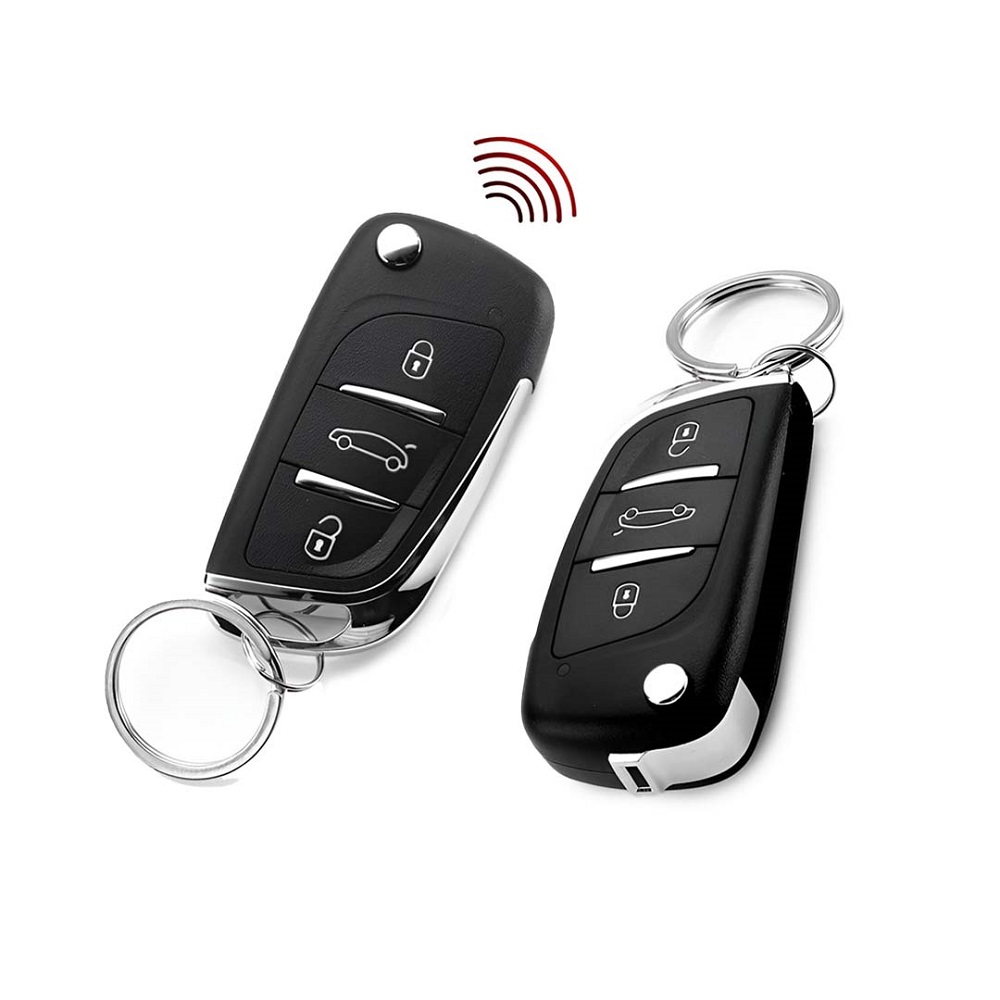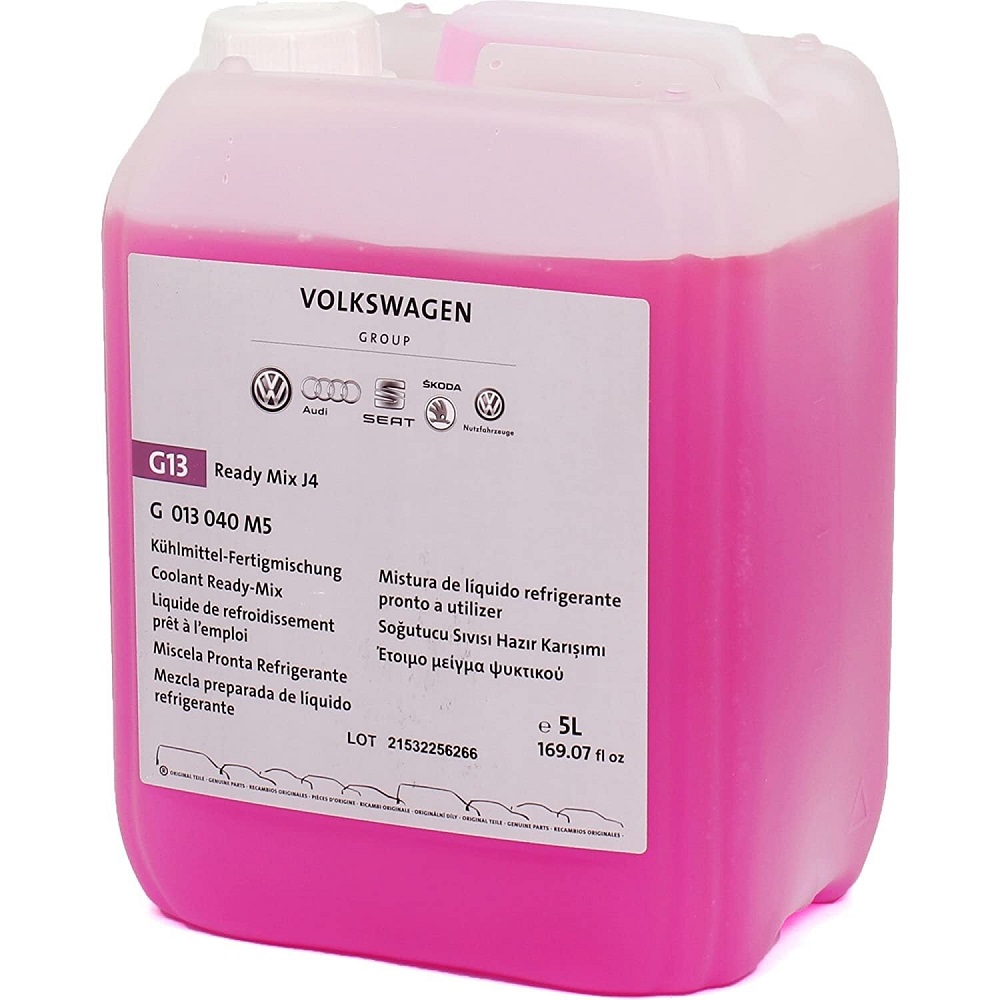Common Reasons Your Car Key Won’t Turn
Why is my key not turning in my car? Encountering a car key that won’t turn can be a major inconvenience. Understand the common factors that can cause this issue.
Steering Wheel Lock Engagement
Sometimes, the steering wheel lock can prevent the key from turning. Try moving the steering wheel while you turn the key to disengage the lock.
Dead Key Fob Battery
A dead battery in your key fob might stop it from communicating with the car. Replace the battery to see if it resolves the issue.
Ignition Switch Issues
Wear and tear can lead to ignition switch problems, making it tough or impossible to turn the key. Consider switch replacement if necessary.
Worn or Damaged Keys
Keys can become worn or damaged over time. If the key doesn’t fit well, a spare key or a new one might be needed.
Dirt or Debris in the Ignition Cylinder
Debris inside the ignition cylinder can block the key. Use a specialized spray to remove obstructions.
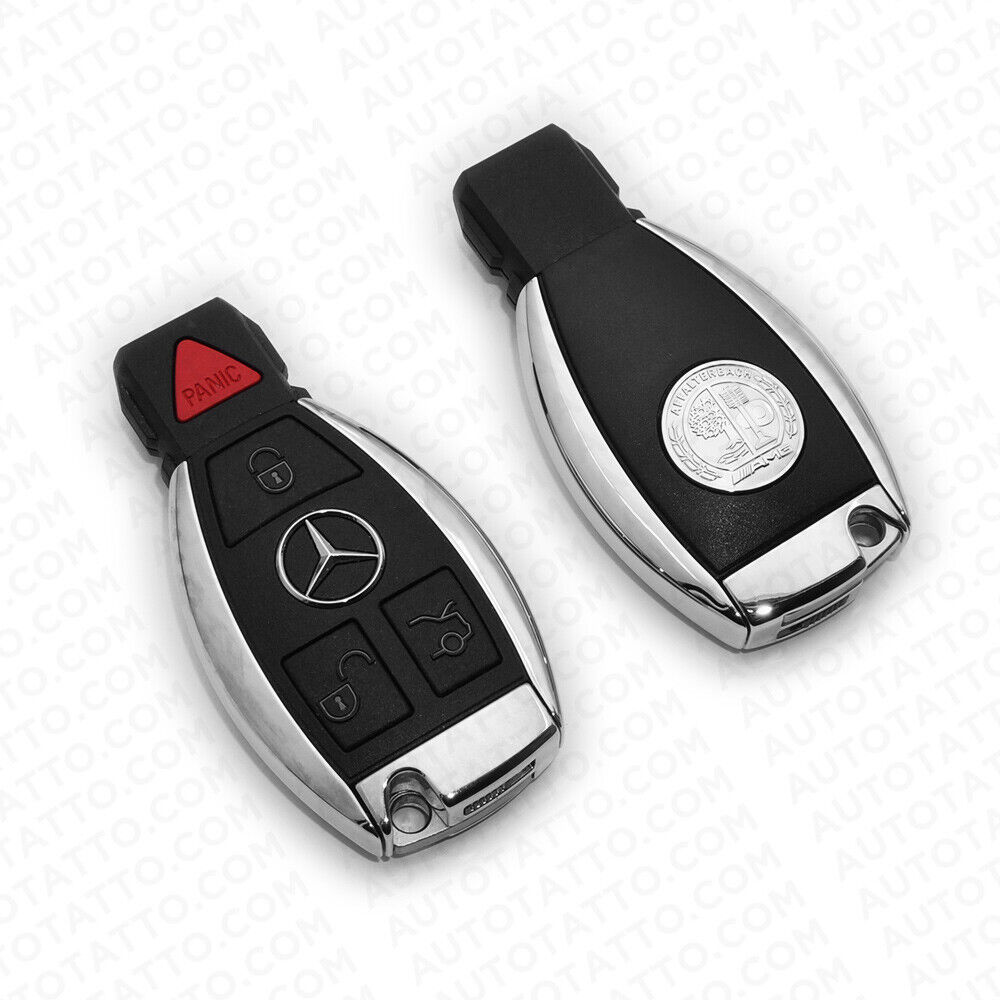
Diagnosing the Problem
Before attempting various solutions, it’s crucial to diagnose why the key is not turning in your car. This step will guide you through identifying the possible reasons behind the issue.
Identifying the Component at Fault
When your key refuses to turn, first check key vehicle components. These include the steering wheel, gear selector, and battery. Issues with any of these can lead to your problem.
Examining the Key Condition
Next, take a close look at your car key. Is it bent, worn out, or the wrong key? Any of these can prevent the key from turning properly in the ignition.
Inspecting the Ignition Lock Cylinder
Finally, inspect your ignition lock cylinder. Obstructions, dirt, or stuck components can cause the key to jam. Using a flashlight might help spot any visible issues inside the cylinder.
Steps to Resolve Car Key Issues
Adjusting the Steering Wheel
To solve a stuck key, first attempt to adjust the steering wheel. Turn it left and right while gently turning the key; this can often disengage a locked steering mechanism. If it’s locked due to the removal of the key beforehand, this method frequently offers a quick fix.
Checking the Gear Selector Position
Another consideration is the gear selector, which should always be in ‘Park’ or ‘Neutral’ for automatics before turning the key. Adjusting the shifter might be necessary to ensure it’s fully engaged in the right position, facilitating the key to turn.
Replacing the Car Battery
A dead car battery might cause your key to not turn, especially in advanced electronic ignition systems found in modern vehicles. If suspecting a battery issue, quick replacement might be the solution. This often restores key function when it seems non-responsive.
Repairing or Replacing the Car Key
If the key itself is bent, worn, or dirty, it may not align with the ignition cylinder. Straightening a bent key, using a spare, or cleaning it can help. If none of these steps work, the key may be too damaged, and professional duplication or replacement will be needed. Always handle key repairs with care to avoid further damage.
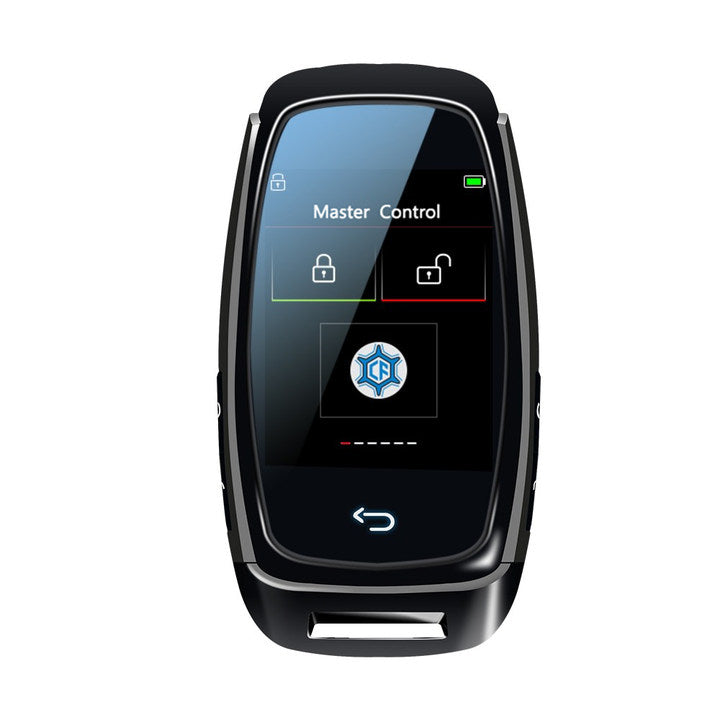
Preventative Maintenance for Car Keys
To minimize the chances of your car key not turning in the ignition, regular maintenance is vital. Taking simple yet effective steps can save you from unexpected troubles.
Regular Inspection and Cleaning
Start by routinely checking your car key’s condition. Look for signs of wear or damage. Clean your key with rubbing alcohol and a soft cloth. This removes dirt that could cause issues with the ignition cylinder.
Avoiding Key Damage
Be gentle with your car keys. Don’t use them as tools to open packages or for prying. Such actions can bend or damage the key. Also, avoid heavy keychains that can cause stress on the key while in the ignition.
Keeping a Spare Key
Always have a spare key handy. It reduces the risk of being locked out or stranded. Store the spare key in a safe place, like your wallet or with a trusted person.
By following these preventive steps, you can help ensure your car key remains functional and reliable. If you’re ever unsure, seek professional advice to maintain your car keys in top condition.
Professional Services vs. DIY Solutions
When faced with a car key that won’t turn, you have two main options: solve it yourself or seek professional help. DIY repairs can often be a tempting route due to the immediate availability and perceived cost-saving. However, it’s important to recognize when this approach is practical and when it’s time to call in an expert.
When to Seek Professional Help
Professional help should be your go-to option when:
- DIY methods fail to fix the car key issue.
- You lack proper tools or knowledge for the repair.
- The problem is complex, such as a security system failure.
- The key is broken inside the ignition or significantly damaged.
In such situations, professionals can provide a swift and effective solution. They have specialized tools and training that ensure the repair is done right, avoiding potential damage to your vehicle.
The Risks of DIY Repairs
Attempting DIY repairs on a car key or ignition can lead to further issues:
- Improper tools can damage the ignition cylinder or key.
- A lack of experience may result in a worsened condition.
- Temporary fixes might not address underlying problems.
- You could accidentally trigger your car’s anti-theft system.
For these reasons, understanding the limits of DIY repairs is crucial. While some fixes may seem straightforward, the risk of additional damage or security complications often outweighs the benefit of avoiding professional services.
Ultimately, if you’re in doubt or the issue persists after attempting common DIY solutions, it’s wise to call an automotive locksmith. They can diagnose the problem accurately and offer the best course of action to get your car key turning smoothly again.
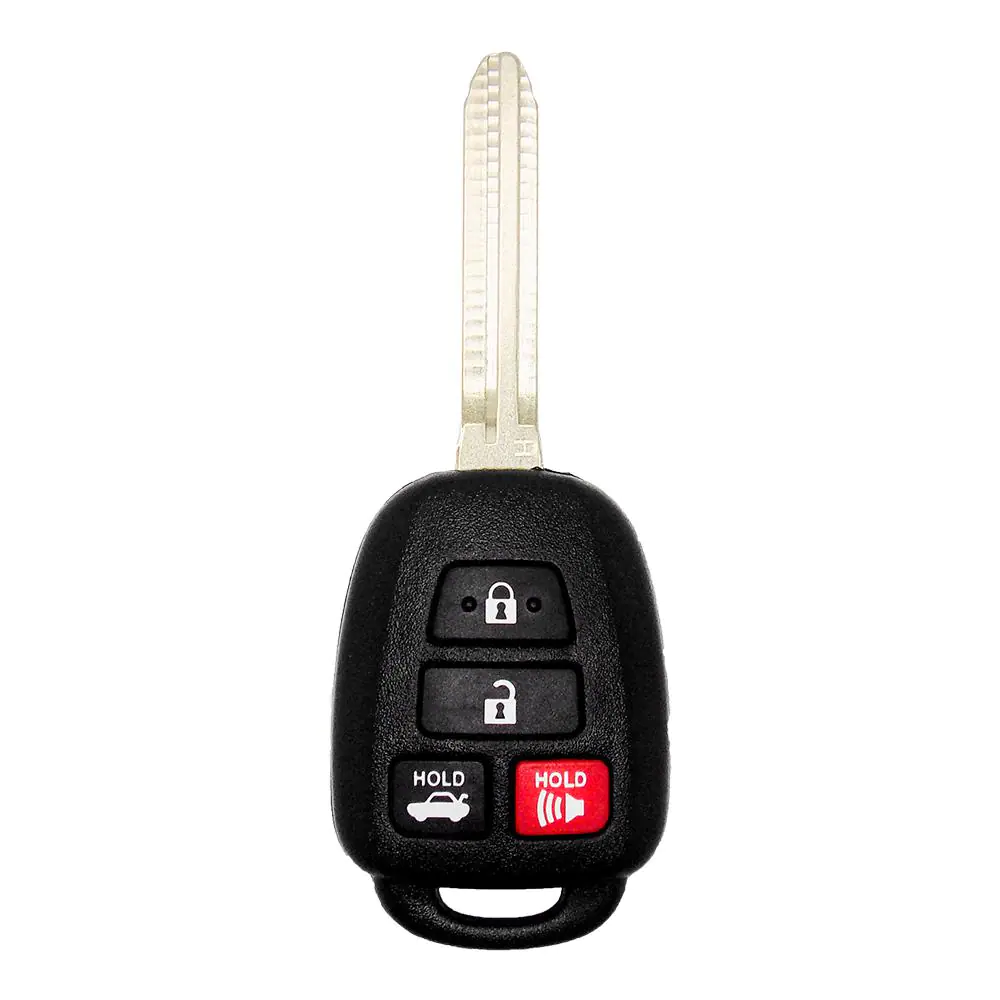
What to Do When DIY Fixes Fail
When all DIY attempts have not resolved your car key issue, it’s time to seek professional help. Dealing with a key that won’t turn in your vehicle can be troubling but reaching out to a skilled automotive locksmith is a sensible step. They have the precise tools and expertise to diagnose and fix the problem efficiently, reducing the risk of damaging your car’s ignition system further.
Contacting an Automotive Locksmith
If you find yourself with a car key that still won’t turn after trying the suggested DIY methods, calling an automotive locksmith should be your next action. These professionals are equipped to handle a variety of car key and lock issues. They come prepared with advanced tools to resolve key troubles on-the-spot. A trusted locksmith can alleviate your stress by ensuring a swift, effective repair or replacement.
Understanding the Role of a Locksmith in Key Issues
Automotive locksmiths are experts in their field, offering more than just lockout services. They can assess why your key is not turning in your car, and provide targeted solutions. Their services may include extracting broken keys, repairing the ignition lock, and creating new keys when necessary. Locksmiths are trained to work on a wide range of vehicle models, making them a reliable resource for sorting complex key and lock issues.
Additional Tips for Car Key Troubles
Beyond the common solutions, consider these tips for handling car key troubles effectively.
Useful Tools and Accessories
Keep specialized tools ready for key emergencies. Tools like a steering wheel lock remover and a key fob battery tester save time. Have a silicone lubricant handy to smooth out sticky ignitions.
Also, carrying a small flashlight helps inspect the ignition cylinder in low light. Having a spare key fob battery is wise too, as they often fail when least expected. For cleaning, a can of compressed air and some electrical contact cleaner can dislodge debris blocking the key.
Consider a key cover or case to protect your key fob from drops and daily wear. Investing in a good quality key ring reduces strain on the key while in the ignition.
Ensuring Vehicle Safety
Why is my key not turning in my car? Always park in safe, well-lit areas to reduce the risk of your car keys being stolen. If you have a keyless entry system, shield your keys in a signal-blocking pouch to prevent theft. Ensure your vehicle’s security system is up-to-date to protect against unauthorized access. Regularly check if you have roadside assistance in your car insurance policy for added peace of mind.
By taking these additional steps, you’ll be better equipped to handle car key troubles and enhance your vehicle’s security. Remember, prevention is better than cure when it comes to car key frustrations!






